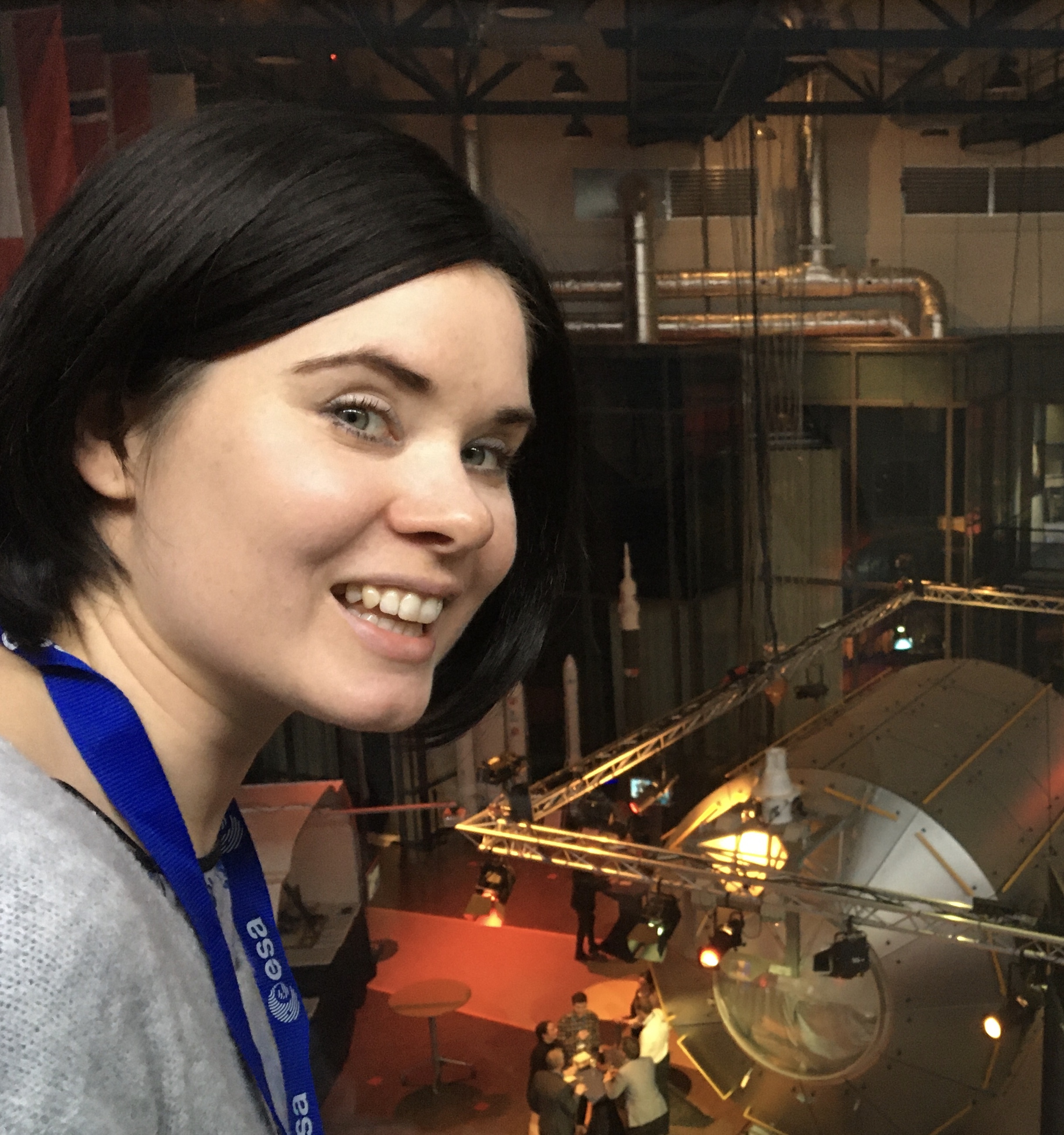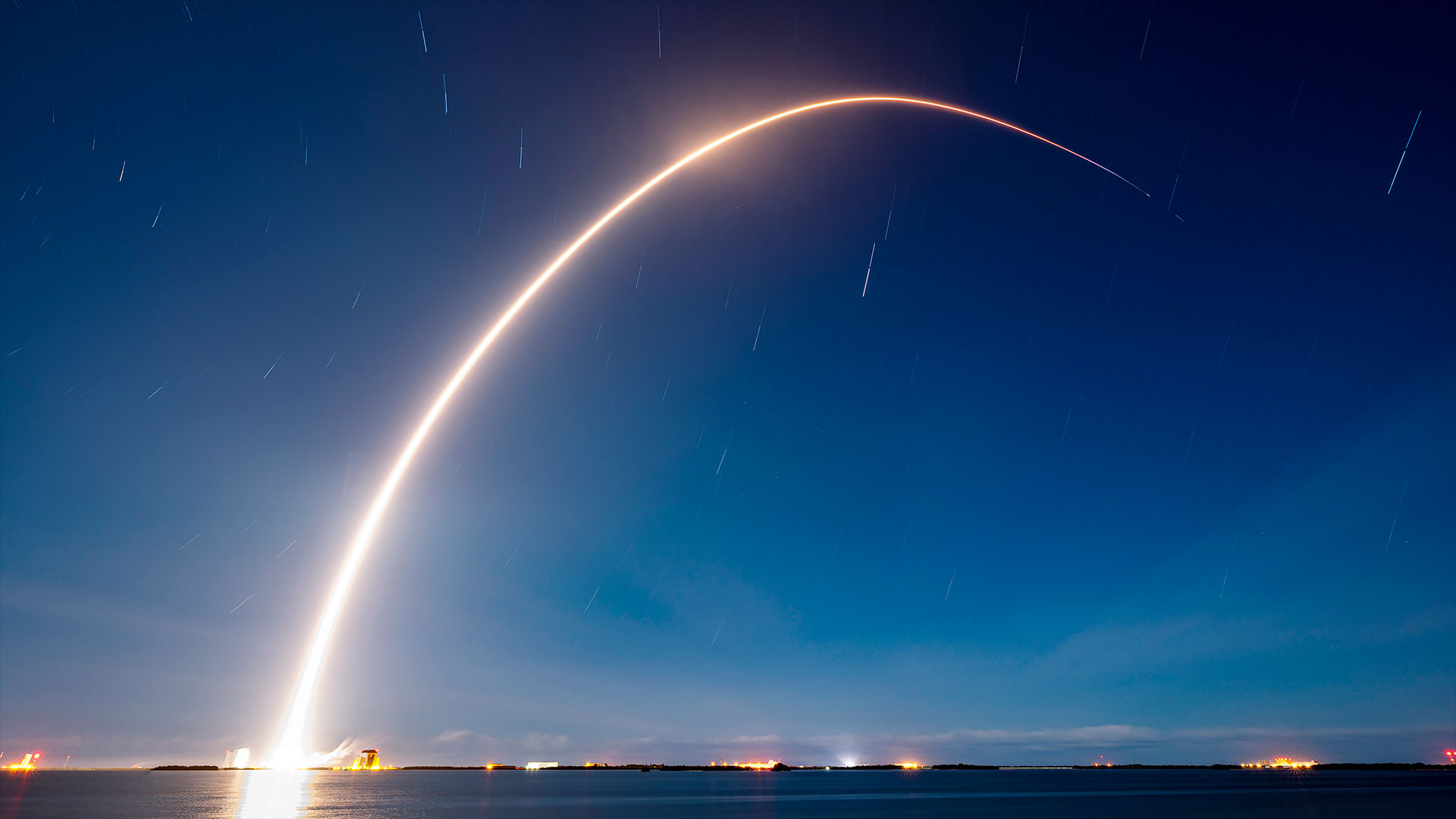Virgin Orbit ready for historic UK launch after spaceport secures license
Spaceport Cornwall received a license from the U.K. national regulator, clearing the way for the first orbital launch from British soil.

A U.K. spaceport that will host the first Virgin Orbit launch from non-American soil has received a license from the U.K. national regulator, clearing the way for what will be the first ever European orbital liftoff.
Spaceport Cornwall, a converted airport in the southwest of England, is now all set for what will be the first orbital launch from the U.K. The U.K. Civil Aviation Authority issued a spaceport license to the airport, in Newquay on the British west coast, on Wednesday (Nov. 16) after the airport demonstrated compliance with "statutory requirements on safety, security, environment and other aspects," the U.K. Space Agency said in a statement.
The spaceport is now ready to conduct horizontal space launches — launches that use aircraft as a first stage and release a small rocket above the thickest layer of Earth's atmosphere.
Related: Branson blues? Challenges face Virgin Galactic and Virgin Orbit
Virgin Orbit will now start the "wet dress" rehearsal ahead of the hotly anticipated launch, which represents the first step in the U.K.'s ambition to build a reputation as a go-to site for small-satellite launches.
Virgin Orbit has previously performed four successful flights from the Mojave Air and Space Port in Southern California, which combined delivered dozens of small satellites into low Earth orbit for a variety of customers.
During the coming wet dress rehearsal, the company will perform the entire pre-launch procedure including fueling and countdown, minus only the actual takeoff and launch.
Breaking space news, the latest updates on rocket launches, skywatching events and more!
"The first-ever spaceport license granted by the U.K. Civil Aviation Authority is another major milestone as we look forward to the first satellite launch from U.K. soil this year," Ian Annett, deputy CEO at the U.K. Space Agency, said in the statement. "Getting to this stage is a testament to the hard work from partners across government and industry to make our launch ambitions a reality, and we are now tantalizingly close."
During its first U.K. mission, called Start Me Up after a famous song by the British band Rolling Stones, Virgin Orbit will loft into low Earth orbit several small satellites, including an in-orbit manufacturing experiment and a U.K. military satellite.
"To be the first spaceport in the U.K. with a license to operate is a historic moment," Melissa Thorpe, the head of Spaceport Cornwall, said in the statement. "Cornwall is now ready to open up the use of space for good, and support the U.K. industry in harnessing the power of space to benefit life on Earth."
The U.K. has ambitions to become a major player in the small satellite launch market. Two other sites are now waiting for approval to launch small vertical rockets, one located on the northern coast of Scotland and the other on the Shetland Islands off the Scottish coast. Two U.K.-based companies, Orbex and Skyrora, are currently finalizing developments of their small satellite launchers, hoping to perform debut flights next year.
Follow Tereza Pultarova on Twitter @TerezaPultarova. Follow us on Twitter @Spacedotcom and on Facebook.

Tereza is a London-based science and technology journalist, aspiring fiction writer and amateur gymnast. She worked as a reporter at the Engineering and Technology magazine, freelanced for a range of publications including Live Science, Space.com, Professional Engineering, Via Satellite and Space News and served as a maternity cover science editor at the European Space Agency.
